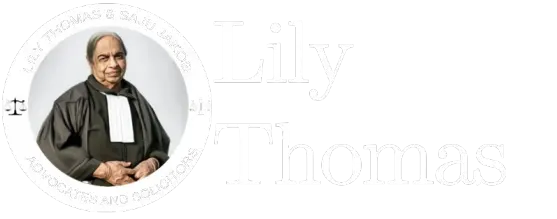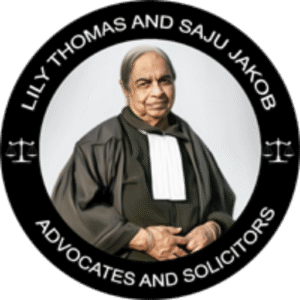By Adv. Saju Jakob, Lily Thomas Junior (Jr)
With England’s exit from the EU, international attention was once again focused on the British House of Commons. Particularly since the newly appointed Prime Minister of the UK is of Indian descent. The English have a very different legal system than the rest of Europe, but it is similar to India and other countries with common law systems.
What does common law mean?
In contrast with European law, which is based on a Roman-Germanic legal system that allows judges to administer justice independently, English law is based on the so-called common law, which is based both on laws and precedents. It is constantly being developed and adapted based on individual decisions within the English legal system. Laws made by judges are referred to as judge made laws, while those made by professors are called professorial laws.
The common law itself originated in England, more precisely in the period of the Middle Ages. Various Germanic tribes living in England formed a wide variety of regional and cultural customary laws and legal systems during the Middle Ages. In the different regions of England, these were first spoken by locally appointed judges, later by nobles and feudal lords, and finally also by judges appointed by the king.
Common Law: How did the Court of Chancery, High Court and Supreme Court come about?
To deal with the abundance of requests, a new court, the Court of Chancery, developed in the 15th century. A chancellor ruled on individual disputes in this court and, as a result of his unassailable position, gradually extended the law to all lower courts.
Throughout the next few centuries, the common law developed and adapted due to numerous reforms. Finally, the Court of Chancery was merged into a unified High Court, which was granted the power to make all significant decisions, particularly in civil law/ disputes.
The court system in England and Wales can be considered as consisting of 5 levels. Supreme Court (formerly the House of Lords). Since 2009, the Supreme Court has served as the highest court in England, Wales, and Northern Ireland. In similar fashion to the House of Lords, the Supreme Court hears appeals from the Court of Appeal and the High Court (only in exceptional circumstances). Additionally, it hears appeals from the Inner House of the Court of Session in Scotland. There can be as many as nine Justices (formerly Lords of Appeal in Ordinary, or Law Lords) who decide appeals. A Court of Appeal, which consists of two divisions, the Criminal Division and the Civil Decision, is below the Supreme Court. A decision of the Court of Appeal may be appealed to the Supreme Court (formerly the House of Lords). Former Attorney General Mr. K.K. Venugopal suggested this for India too, as the Indian Supreme Court is overburdened with cases. UK has high courts below the Court of Appeal, to which appeals are made from Crown courts, County courts, Magistrates courts, and Tribunals.



